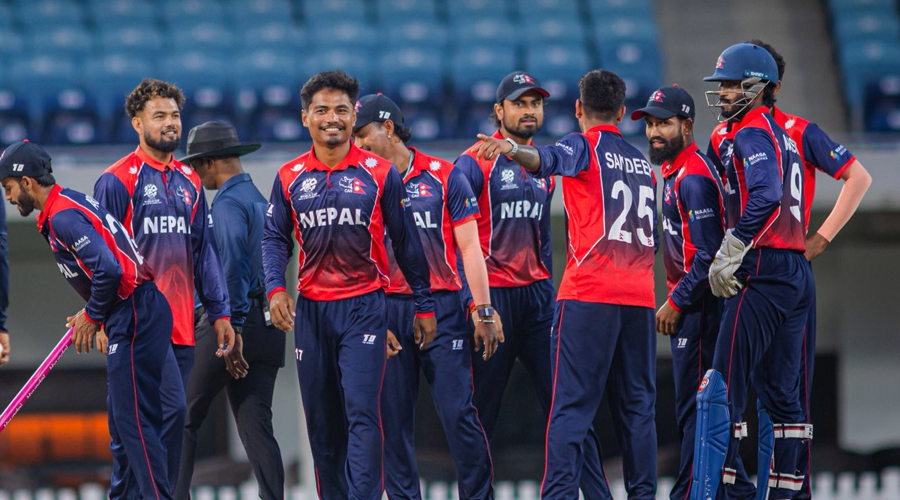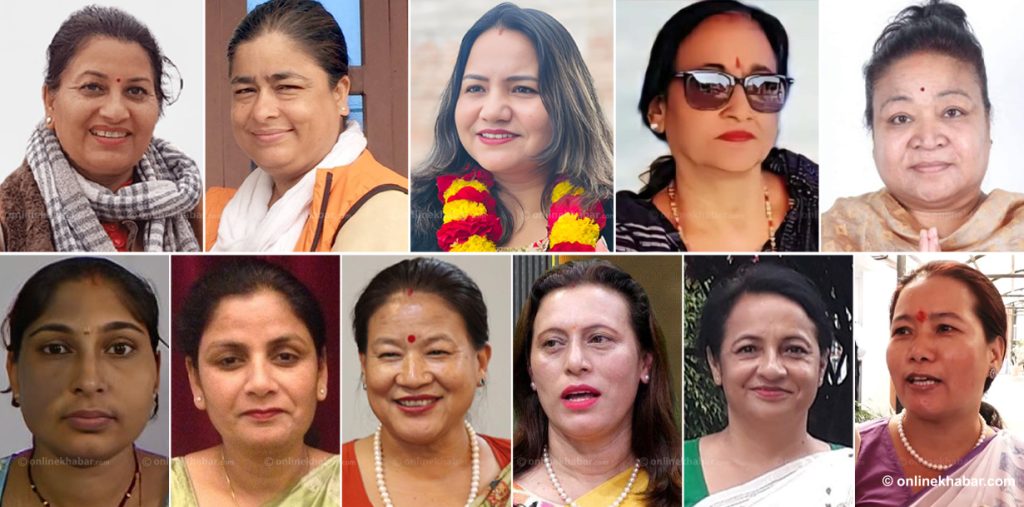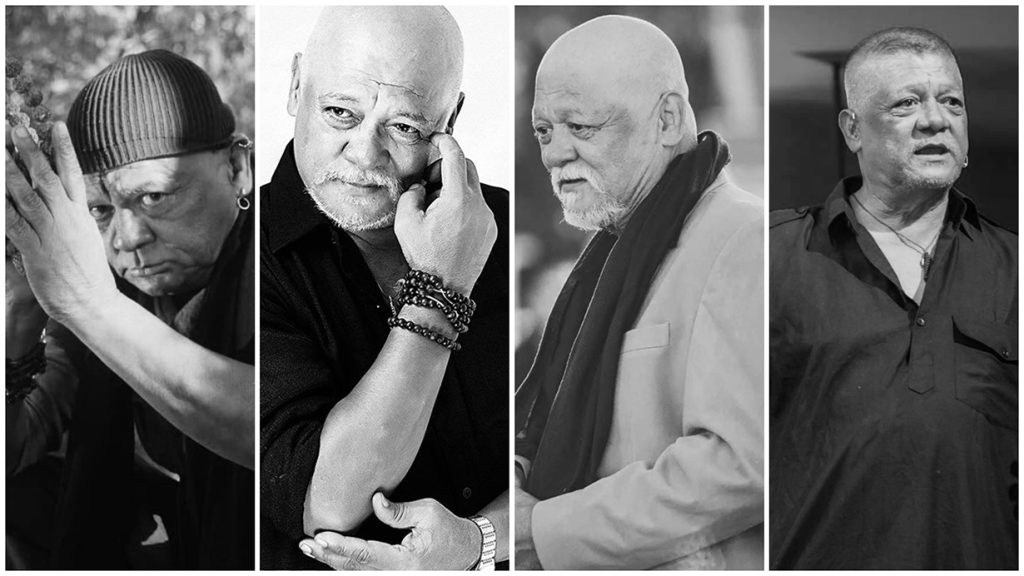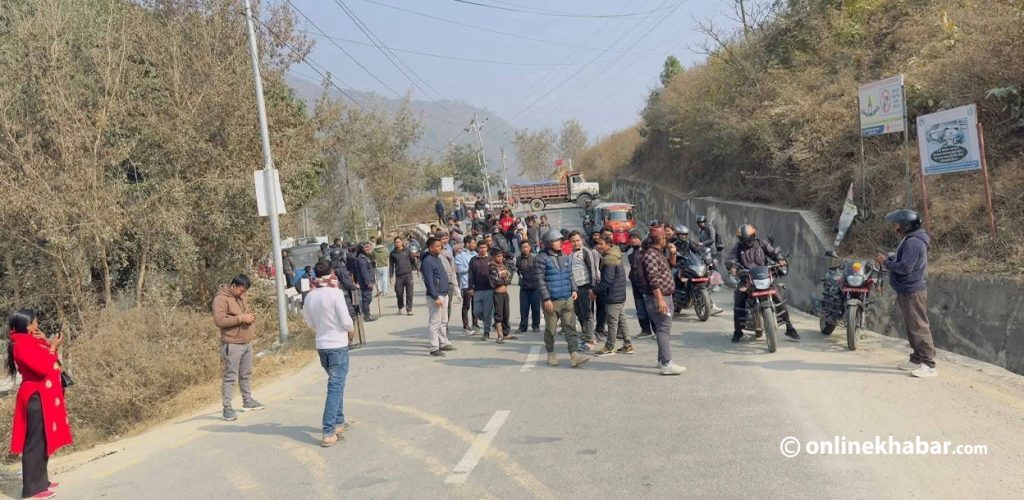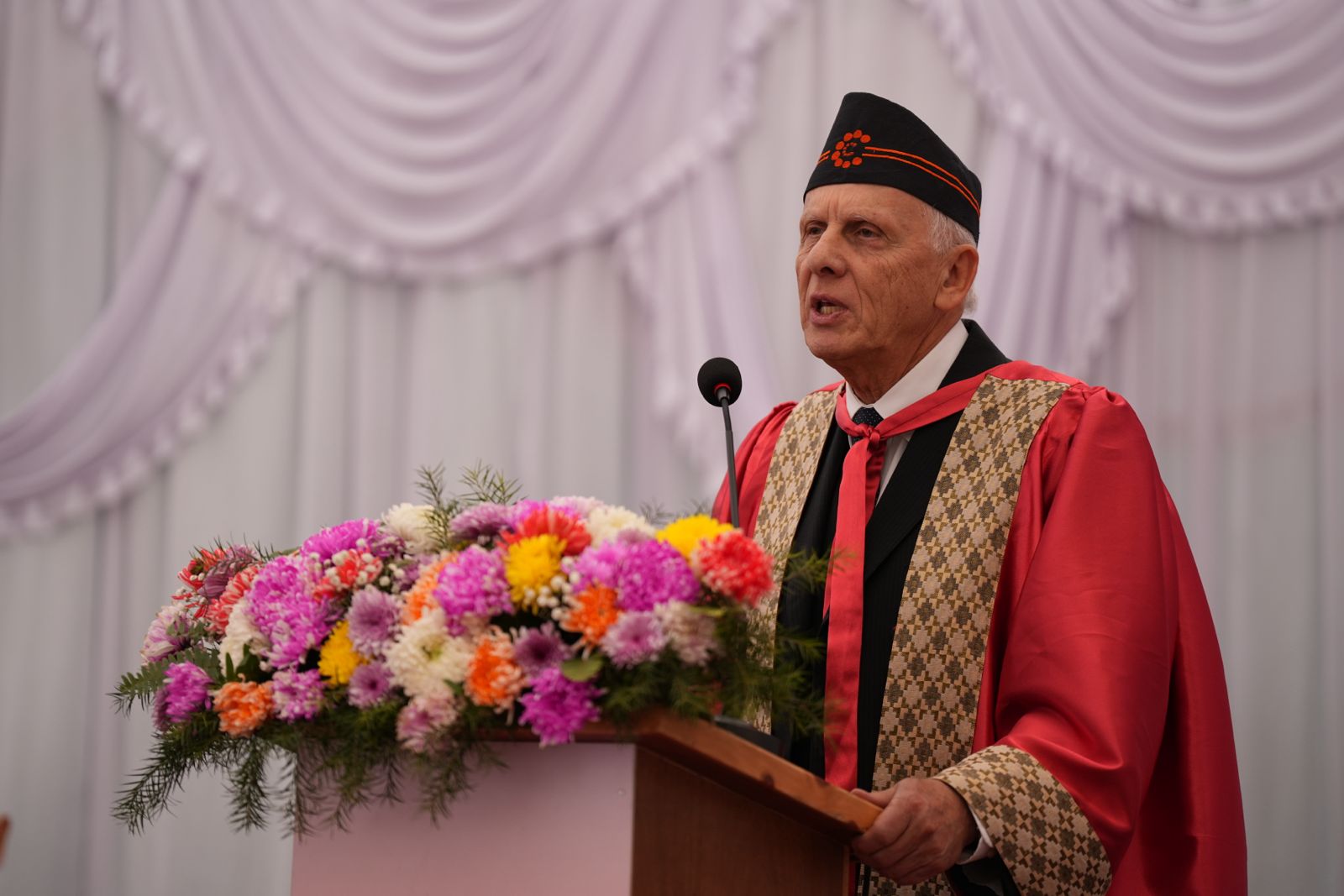
I was the only child, a daughter of my family, for almost 10 years. I was happily raised, I would say. I could accompany my parents in most social events and, unlike many kids, I had the privilege of growing up with adults. Then, I had a sibling. I am not aware if my mother had any social or family pressure to have a second child, but I had sometimes overheard some relatives and extended family members calling upon her to have a second child hoping that the family could have a boy – someone to carry the family lineage.
This was the first example of gender discrimination I know about in Nepal.
It was after the birth of my sister that I became more aware of the way society still preferred a male child and how you, as a daughter, in an all-daughter family can be made feel inferior and less worthy time and again. This, in turn, will have psychological impacts on children. I am sure many daughters in Nepal can relate their experiences to what I am going to write.
Congratulatory remarks and sympathies

Our neighbours, relatives, family friends, acquaintances, and even strangers congratulated my family when they heard about the arrival of the baby. Most of those congratulatory remarks, however, would soon turn into an expression of pity and a feeling of sympathy for the ‘unfortunate’ family who was destined to not have a baby boy, one of the most apparent examples of gender discrimination.
I heard some neighbours sympathise with my grandparents for not having a grandson in the family to carry the family name. People were even more sympathetic to the grandparents as my father was their only son. My grandfather, who himself was slowly adapting to the reality of a life without a grandson, would simply respond, “My granddaughters will be just like any grandsons!” Those sounded like ‘nice’ words at first. However, I was hurt whenever I heard those conversations. I knew from the bottom of my heart that his intentions were never to hurt us. Nevertheless, I always wondered, “Why do I have to be like a grandson? Why can’t I just be a granddaughter and still make him happy and proud?”
The outsiders’ words did not hurt as much as those of the family. My grandmother often said that her son was lonely as he did not have a son to play soccer with, or to be friends with. My mother, although jokingly, used to tell my cousin’s brothers that they were her ‘sticks in her old age!’, someone to rely on during old age.
Words like these pinched my heart to the core, making me feel less than what I was, making me feel sorry for myself for not being as desirable as a boy child would have been to my own family and also feel sorry for gender discrimination my society is carrying for ages.
Uncalled-for advice

Not only that people sympathised; they also offered advice even without asking for one. The most bizarre advice was from a stranger who came to talk to me while I was waiting for my school bus one day. He should have been aged over 50 years and should have been someone who did not live far away from our home. But, I had never seen him before. He came to me for no reason and started a conversation about my family. When I said I have a sister and no brother, he, without any hesitation, asked me my mother’s age – an unpleasant and weird question to be asked from a complete stranger! Before I could say anything, he asked if my mother was still capable of trying for a son.
I was obviously offended by his audacity to ask such a thing. More than that, I was dumbfounded. I could not find words to rebut him and end that imprudent conversation. I could do nothing but remain silent. My school bus came, and I left, but I was sad and angry the entire day. I was angry with myself for not saying a word to him and letting him go without getting his callous words and prejudices that showed the level of gender discrimination he had challenged and corrected.
The only positive of this encounter was that my anger turned into rage, and I gained strength and determination. I promised myself from that day that I would never let anyone let me feel down.
A delightful confrontation

Uncalled-for sympathy and advice on the lack of a son in the family would just continue. This was a never-ending silent battle for me.
I was studying in grade 10 then. A new neighbour was talking to my grandmother one day, standing on the porch of our home, appreciating the flowers she saw in our small garden. I could hear their conversations shift from flowers to families. She, with a grandson in her arms, asked my grandmother how many grandkids she had. My grandmother gave a fair answer, “Two granddaughters!” The neighbour sighed and asked my grandmother if my mother had any plans to try for a son because, in her view, a family needs a son, a future man, for the house.
This statement was natural for a society that has been boosting gender discrimination for ages, but it was enough to burst the bucket of my rage. I could not bear dealing with it one more time. I went straight to the porch, smiled at the woman and simply gave that one winning statement, “We, I and my sister, are just enough for the family. We can conquer the world just as fine as her ‘grandson’ could have done.”
I don’t know whether this expression changed her views at all, but it gave immense satisfaction to my heart.
Never give up

I have always wondered why people can appreciate flowers seeing their beauty without asking which kind of flower it is, and without judging their identity or their differences, but cannot appreciate a human life as it is. Why do people rarely appreciate the calibre and beauty of every human, without weighing them on a scale filled with biases considering one less than the other? I was subject to that bias based on outdated but prevalent social norms that still considered girls less desirable than boys and women inferior to men. I have learnt throughout these years that this is a never-ending battle, but you should not stop fighting against gender discrimination. You should not easily give up.
I would credit my high school teacher for his empowering words in his social studies class for fuelling my anger and strengthening me emotionally by teaching me that I am no less, and I and other girls are as capable as the boys. He was also able to instil in me the idea that it is the prevalent false beliefs about gender discrimination that should change, not me or any girl that should ever change their dreams and desires.








